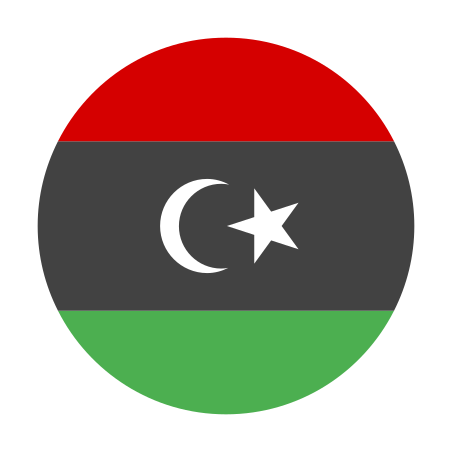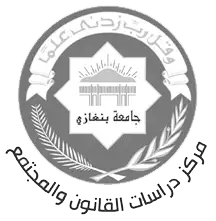24 - 27 March 2022
Ramada Plaza Hotel, Gammarth
Leiden-Benghazi research cooperation: Justice Journeys in Depth
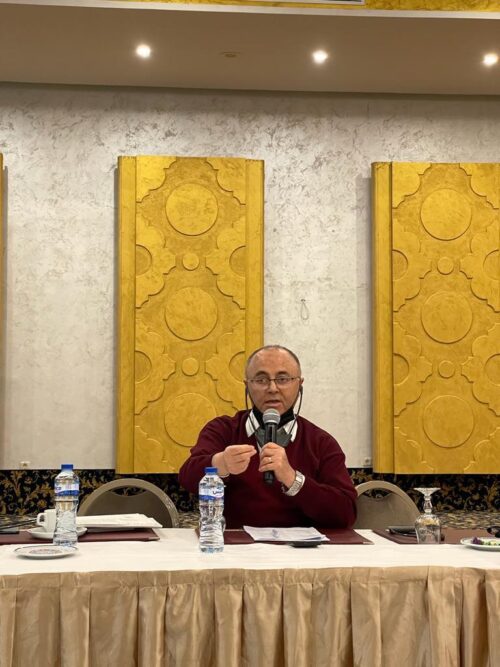
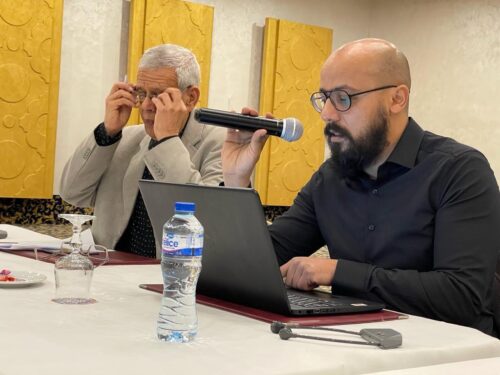

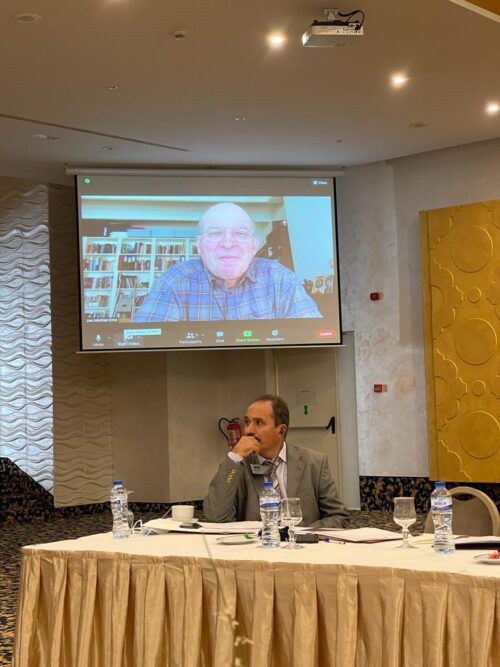
Benghazi’s Centre for Law and Society Studies (CLSS) and Leiden’s Van Vollenhoven Institute for Law, Governance and Society (VVI) cooperate in a 4-year research project: ‘Access to Justice in Libya’ (A2JiL), funded by the Ministry of Foreign Affairs in the Netherlands. The projects examines to which extent and how people have access to justice in Libya, and how to improve such access.
The academic cooperation between Benghazi and Leiden was initiated back in 2012 by Dr Suliman Ibrahim and Prof Jan Michiel Otto, at the request of the erstwhile Hague Institute for Global Justice. Aiming at analysing and strengthening the role of law in post-Gaddafi Libya, VVI introduced socio-legal studies as a field of research to Libyan academics. CLSS was formed and Dr Ibrahim gathered an interdisciplinary team of highly-motivated senior and junior scholars. Since 2013 this resulted in many joint publications on access to justice, reconciliation, constitutional developments, law-making, transitional justice, and property conflicts.
The present project looks at A2J from the perspectives of both justice-seekers and justice providers (state and non-state), and it assesses outcomes. In the first year, it focuses on the experiences of justice seekers and their ‘justice journeys’. It maps legal and non-legal barriers and ‘elements that work’ and looks at explanatory factors in the legal, political, economic, and social contexts.
This first phase centres around 12 case studies of justice seekers seeking a resolution to their ‘justice concern’: war-time disappearances, killings, destruction, and displacement; a mass murder during the Gaddafi regime; domestic violence; pollution by oil companies; women’s disinheritance; property conflicts; the abduction of children; and the criminalisation of irregular migration. These concerns were selected by Libyan practitioners and academics in East, West, and South Libya.
Academic researchers were selected and trained to conduct fieldwork and collect qualitative data. From November 2021 to April 2022 they conducted case study research on the perspectives and experiences of individual ‘justice seekers’ in different parts of Libya. The researchers have written up their ‘thick description’ case studies in Arabic, and in the Summer of 2022 the team will work on analyses and conclusions. In September and October 2022 the researchers will prepare publications both in Arabic and English, and present findings at conferences in Benghazi, Tunis, and The Hague.
The project is directed by Dr Suliman Ibrahim, Director of CLSS and senior researcher at VVI. At VVI Dr. Bruno Braak joined the project as Postdoctoral Researcher, Dr. Hagar Taha is Project Coordinator, while Prof. em. Jan Michiel Otto is Senior Adviser and Prof. Janine Ubink is Senior Supervisor. On the Libyan side, the team consists of senior and junior researchers, some of whom with background in legal practice. The multidisciplinary team also includes three senior advisers, Najib Al-Hassadi, professor of Philosophy at Benghazi University, Zahi Mogherbi, emeritus Professor of Political Science at Benghazi University and Kuni Abouda; Professor of Law, Tripoli University. Soon the A2JiL project will launch its own website where all publications of present and previous projects can be found.
